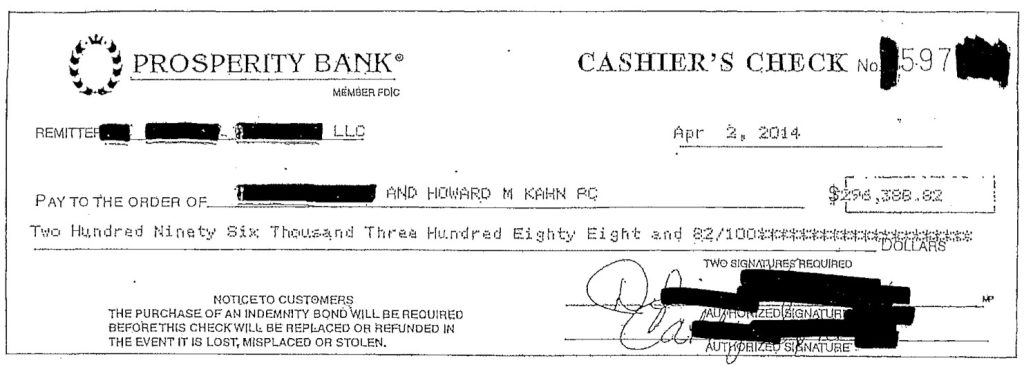Collections Law

Debt Laws
Collection of debt can be very easy or very complicated depending on the type and security of the debt. There are basically two different types of debt, namely secured and unsecured. Credit card debt is generally unsecured as opposed to mortgage debt which is secured. Typically, secured debt is not difficult to collect, since the collateral may be repossessed, by foreclosure of the “lien” whether that’s on land or a vehicle.
The most difficult collections case is attempting to recover an unsecured debt. Texas has a long history in protecting people from claims, especially unsecured debt. For example, no matter how much you may owe, even if a judgment is rendered against you, the creditor may not take and sell things like your automobile, your livestock, your apparel, provisions for consumption, athletic equipment and others to collect on a debt. Even life insurance proceeds are exempt from seizure.
What are a creditor’s limits?
Several Federal laws limit what activities a creditor can undertake to collect a debt. Many of these laws have been absorbed into Texas law, providing severe penalties for violations that can reach up to three times the amount sought for collection. These laws apply to independent collection agencies as well as those attempting to collect their own debts. When appropriately contacted, most debtors will pay their debts. In the event a dispute arises, it is useful to have a seamless transition from collection to lawsuit to procure recovery all in one place.